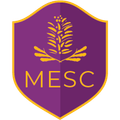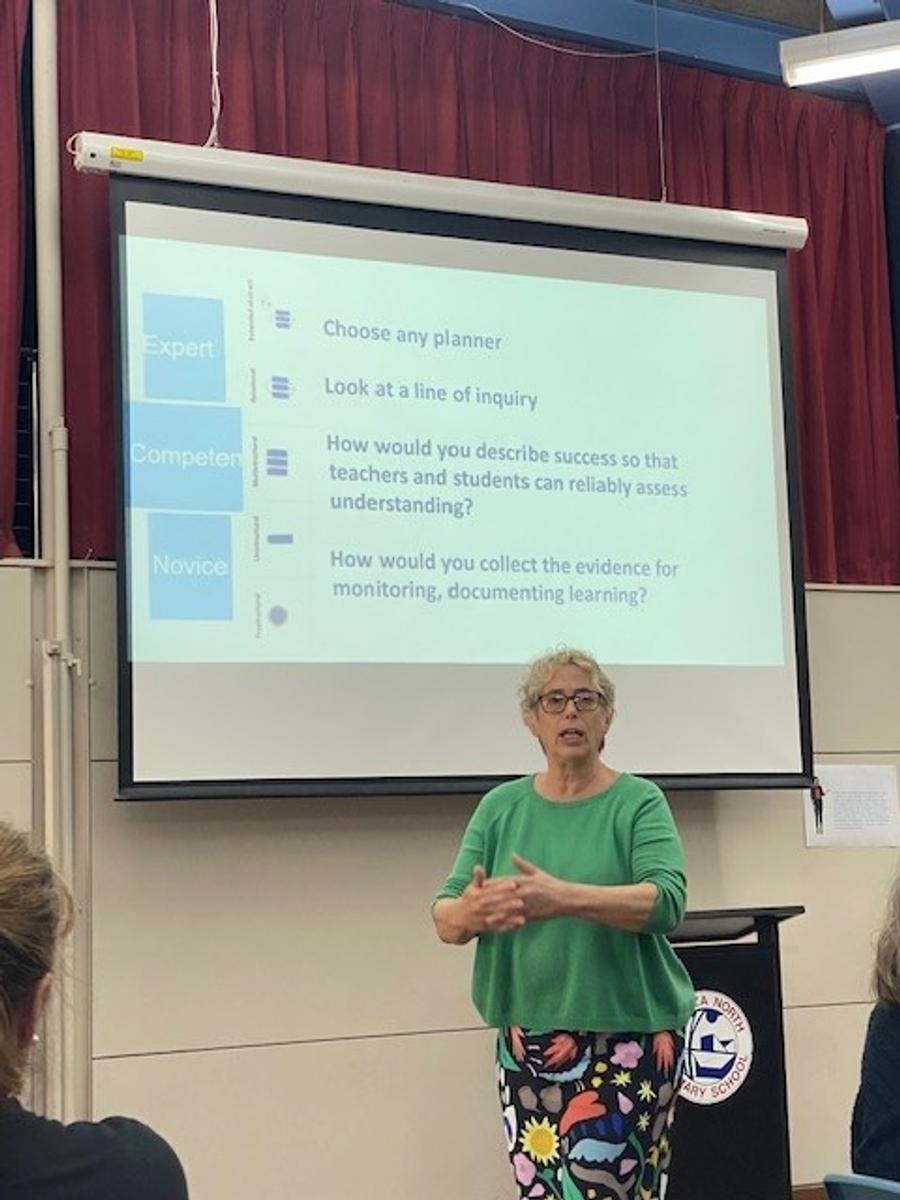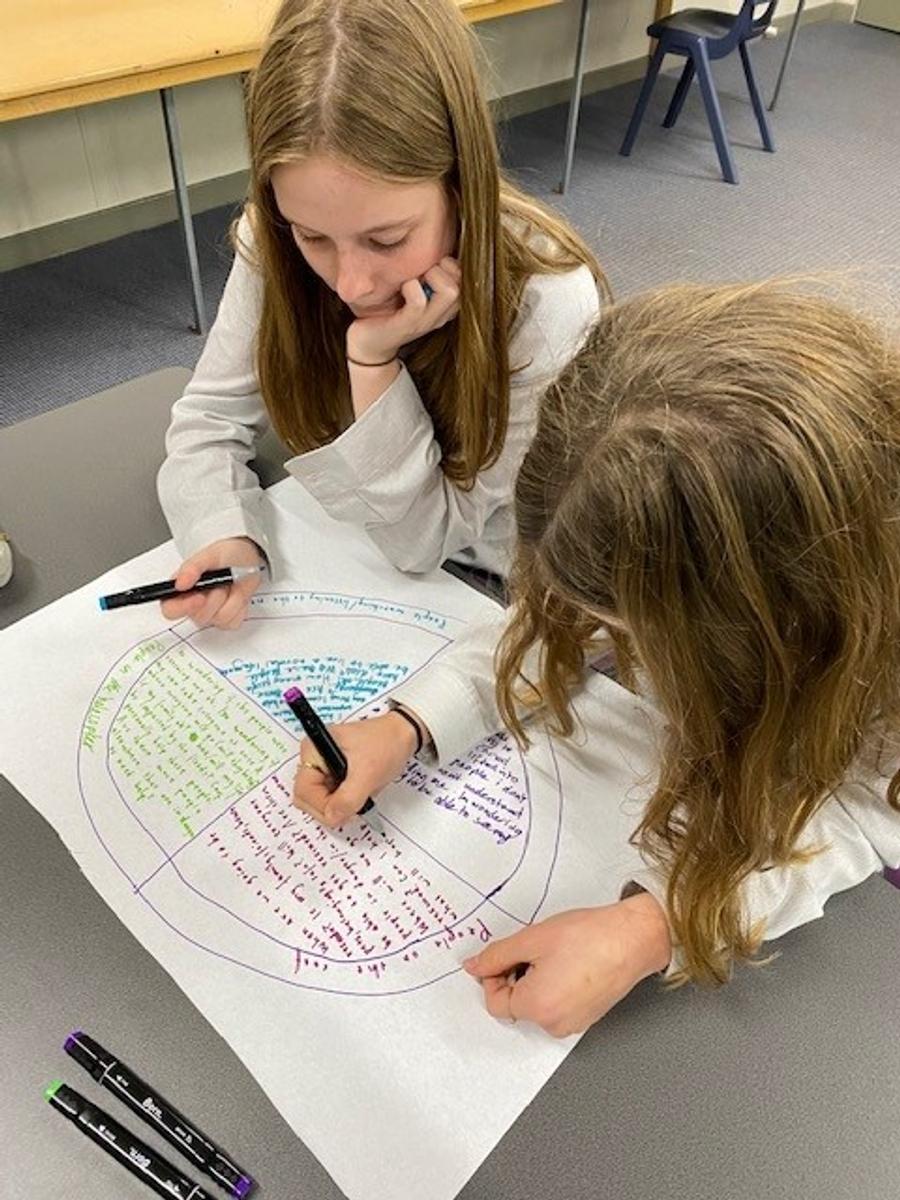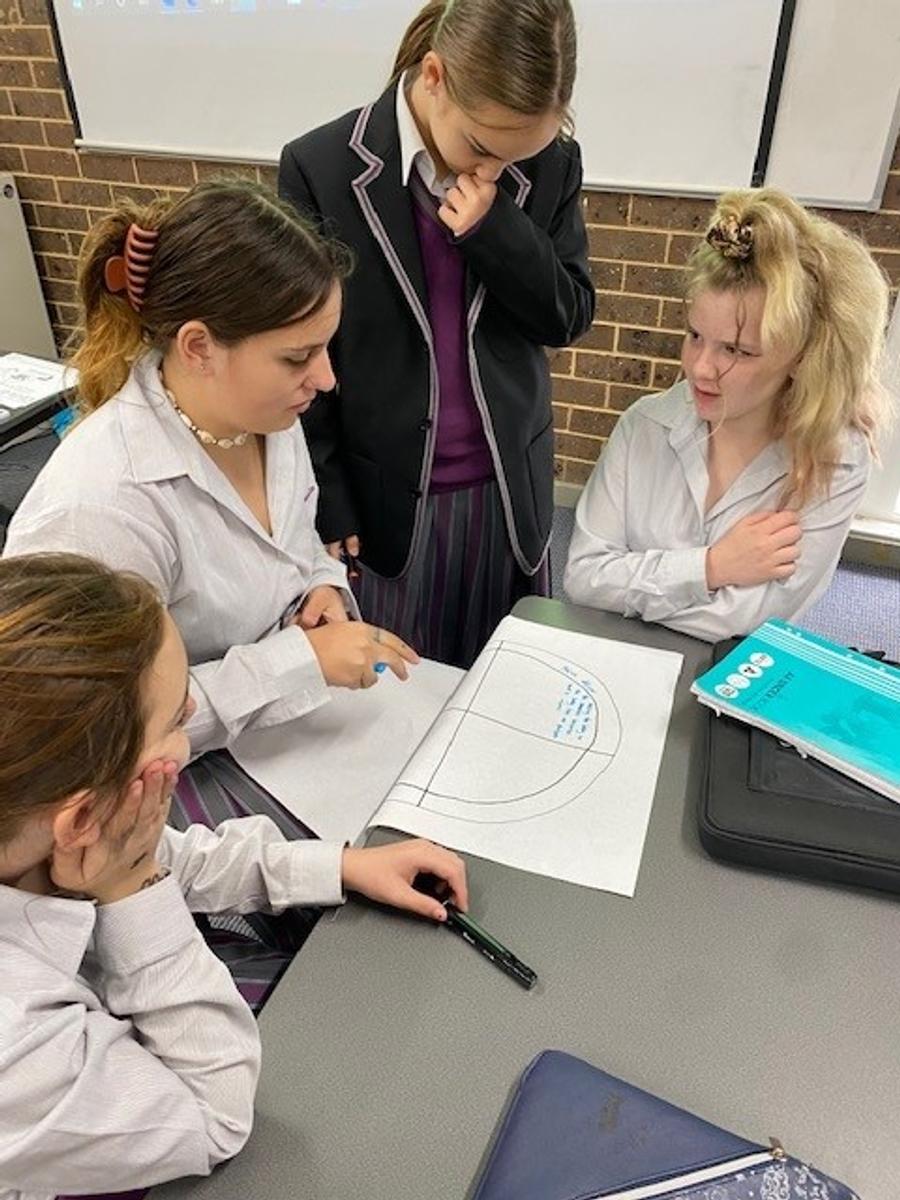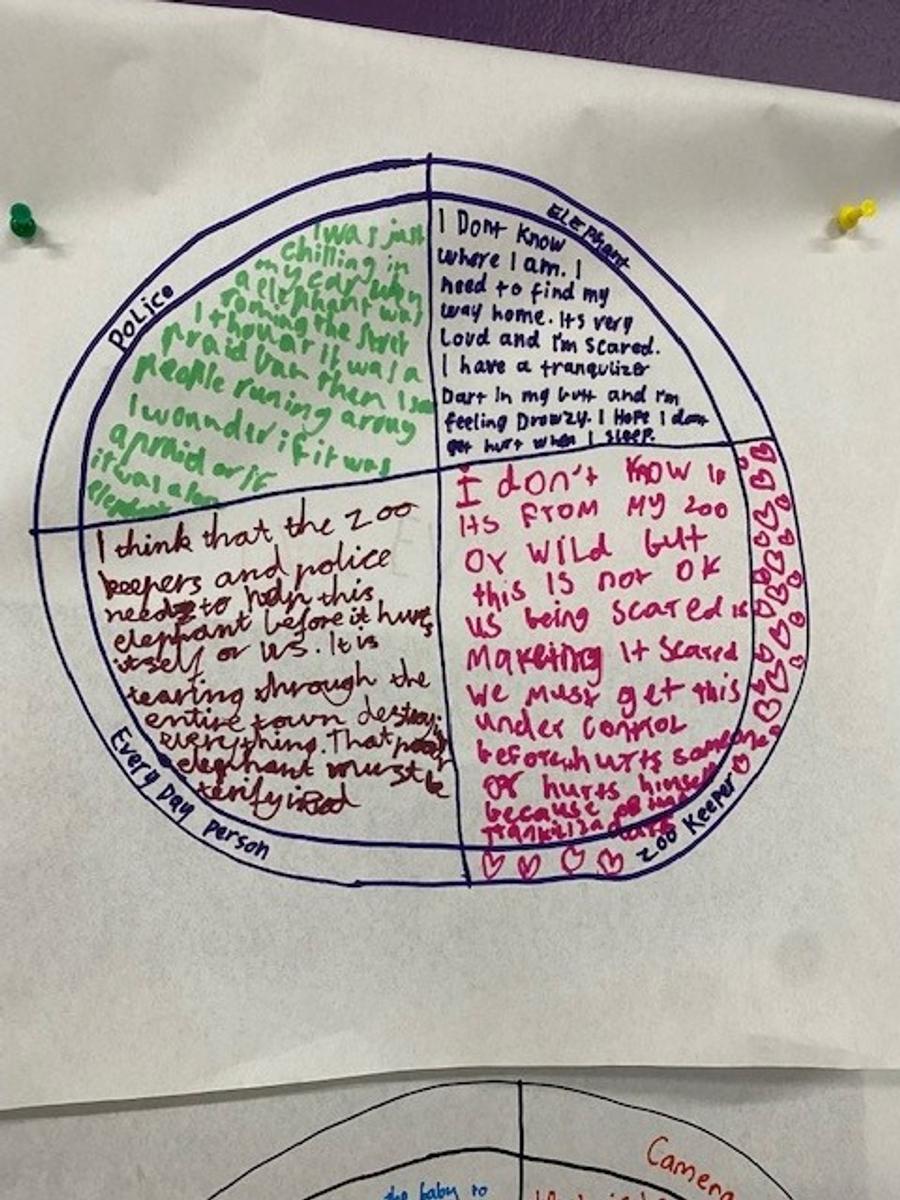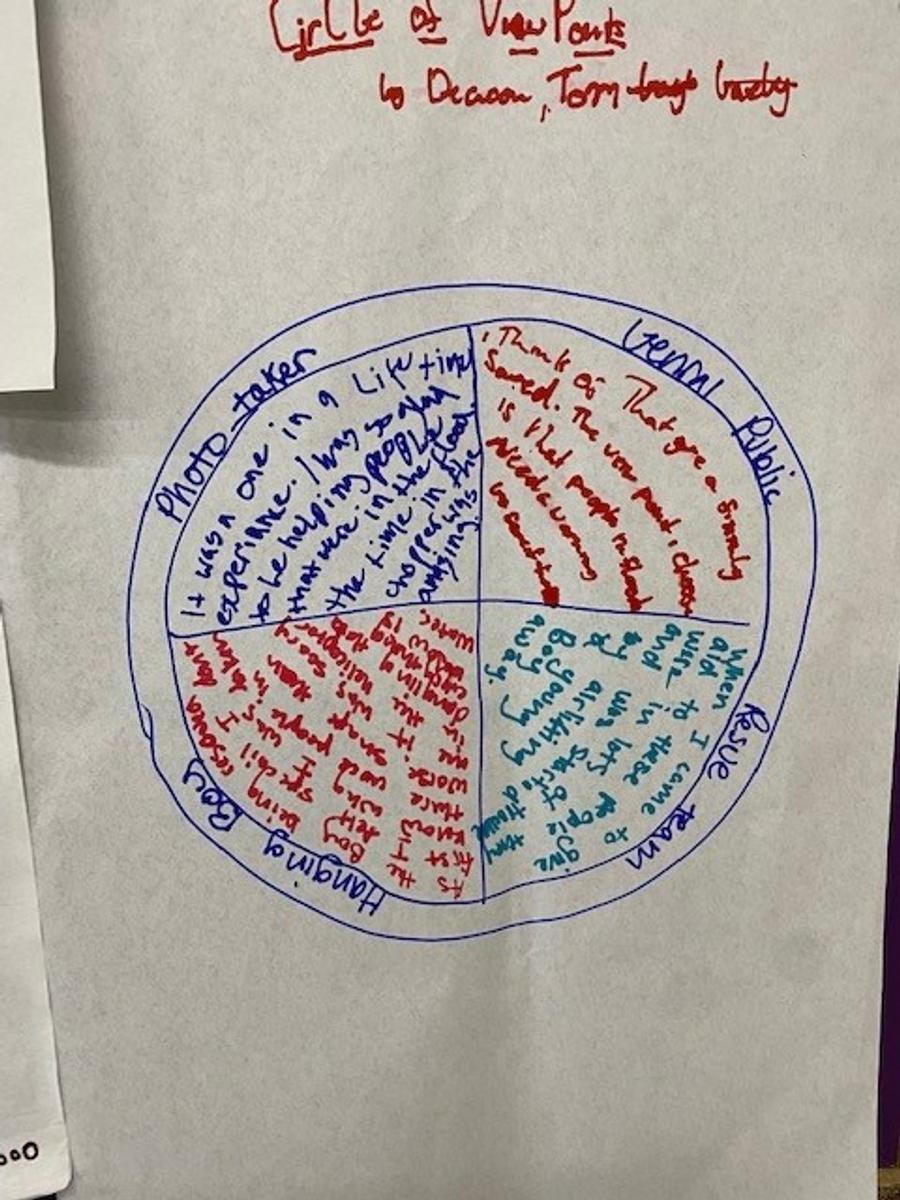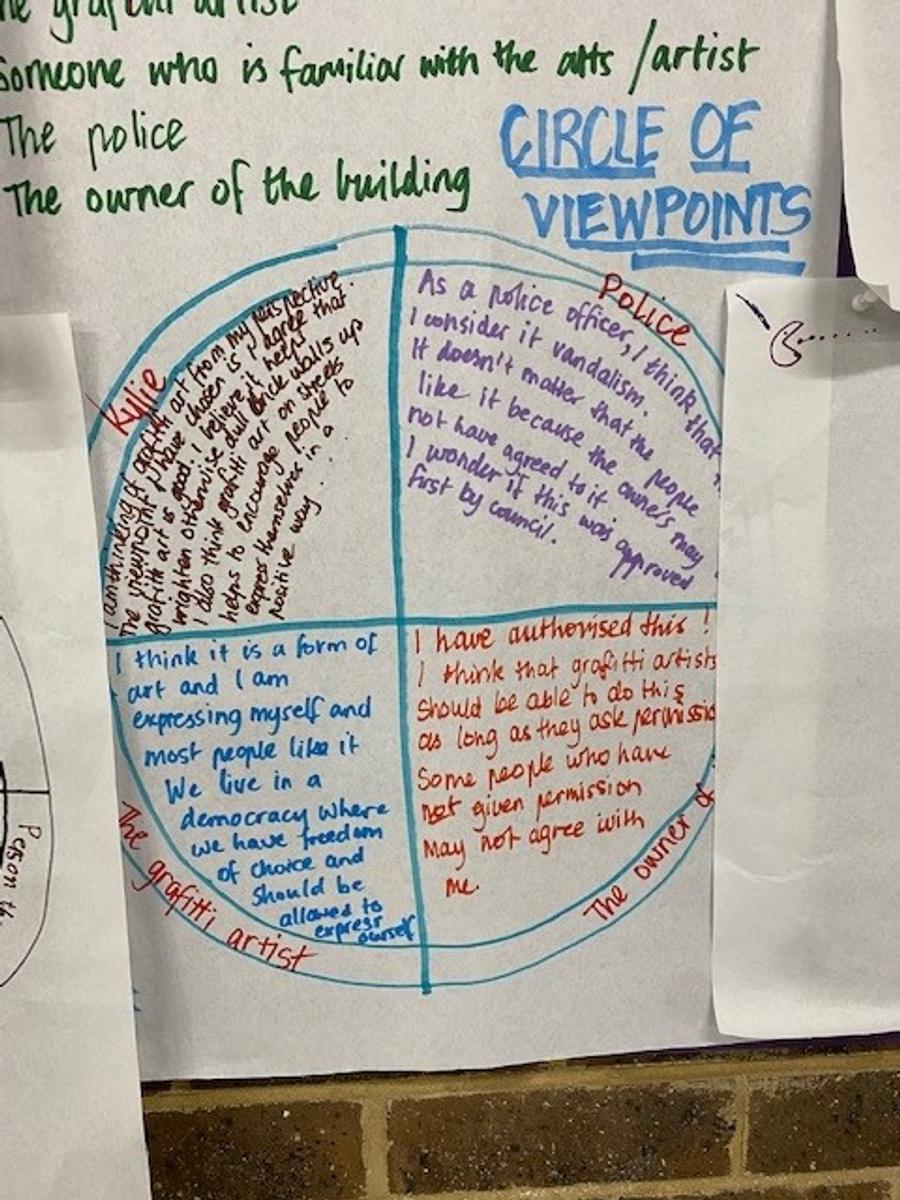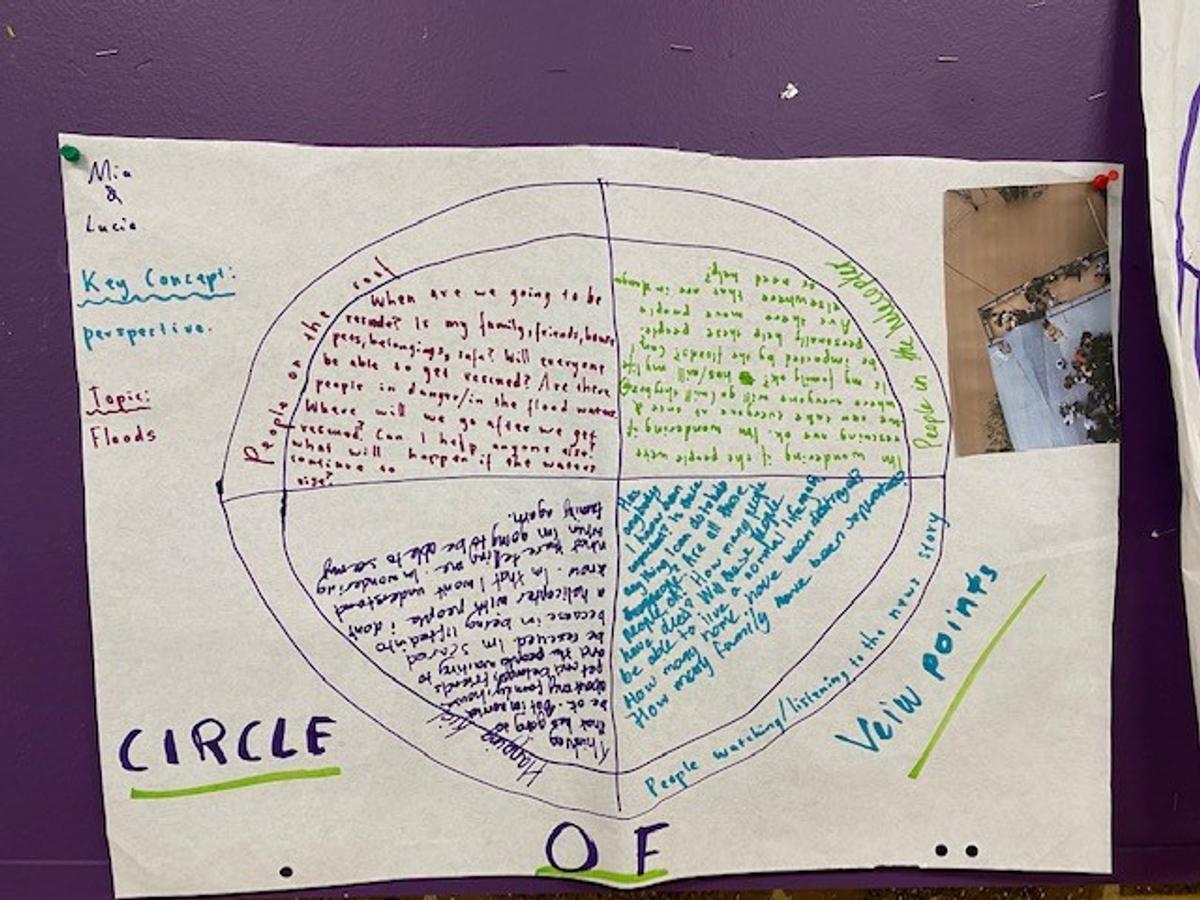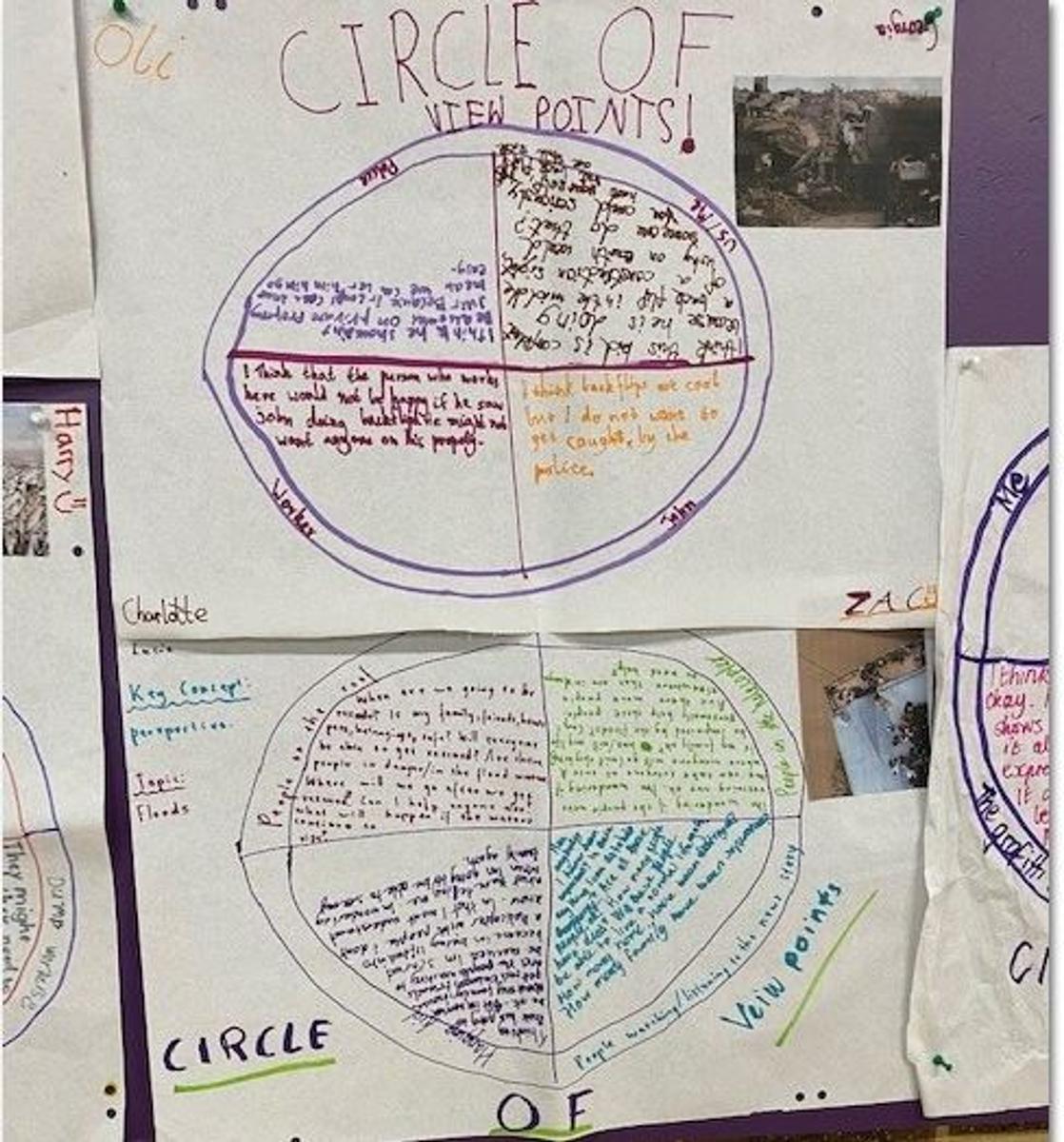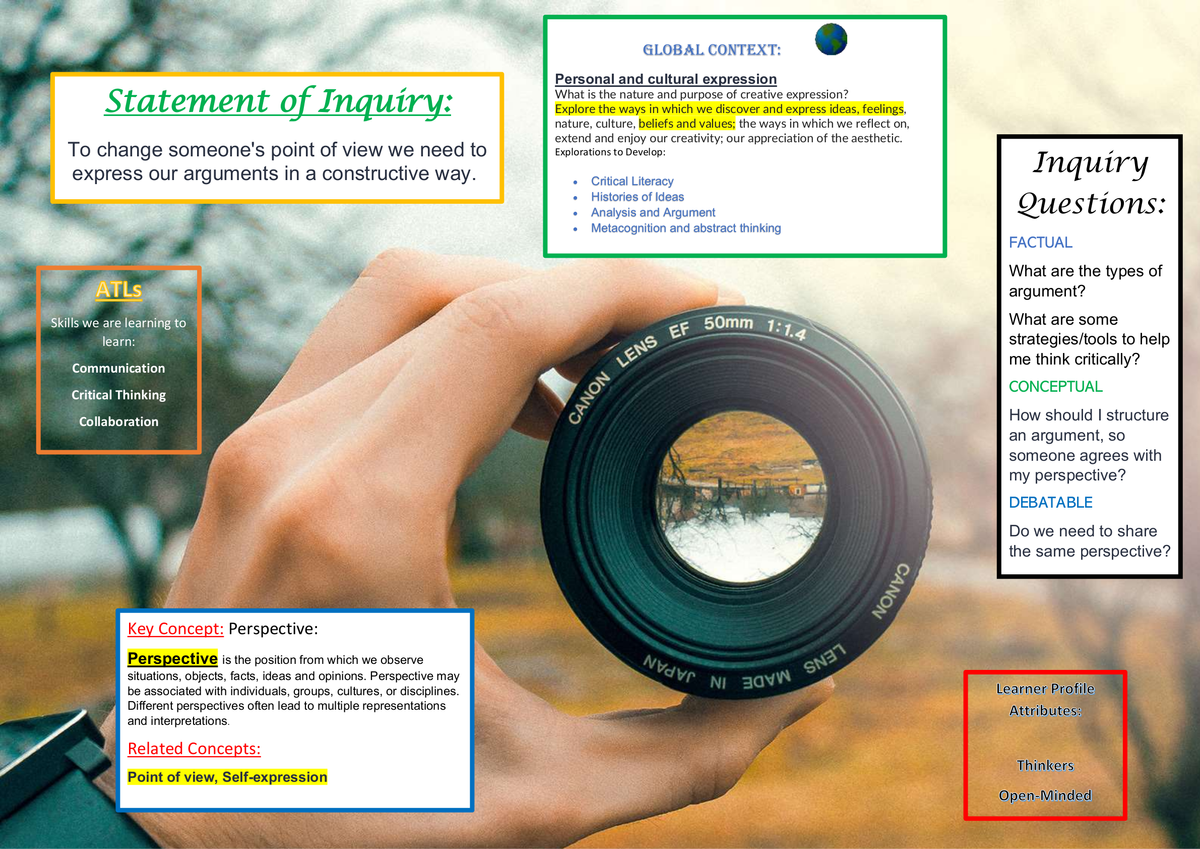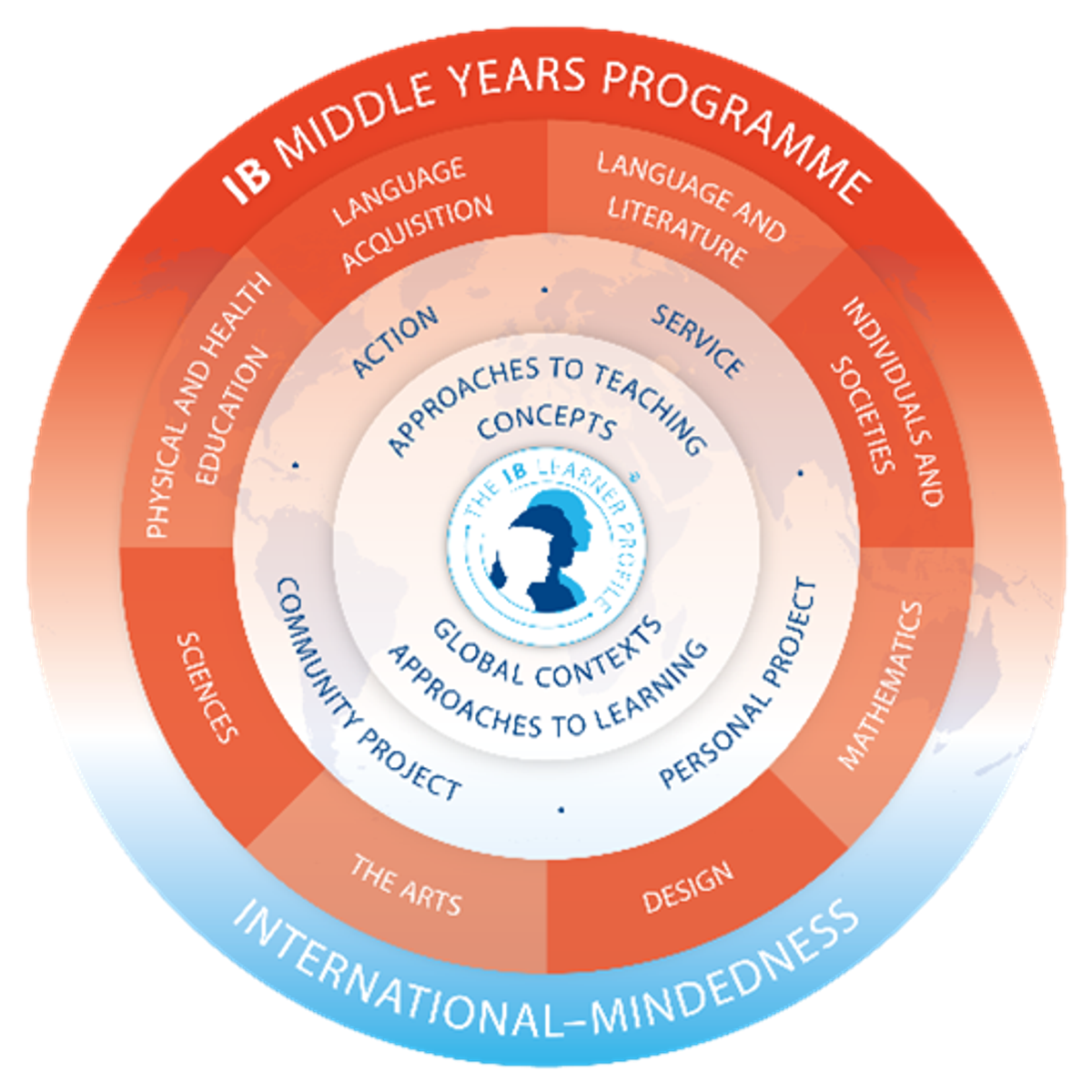INTERNATIONAL BACCALAUREATE
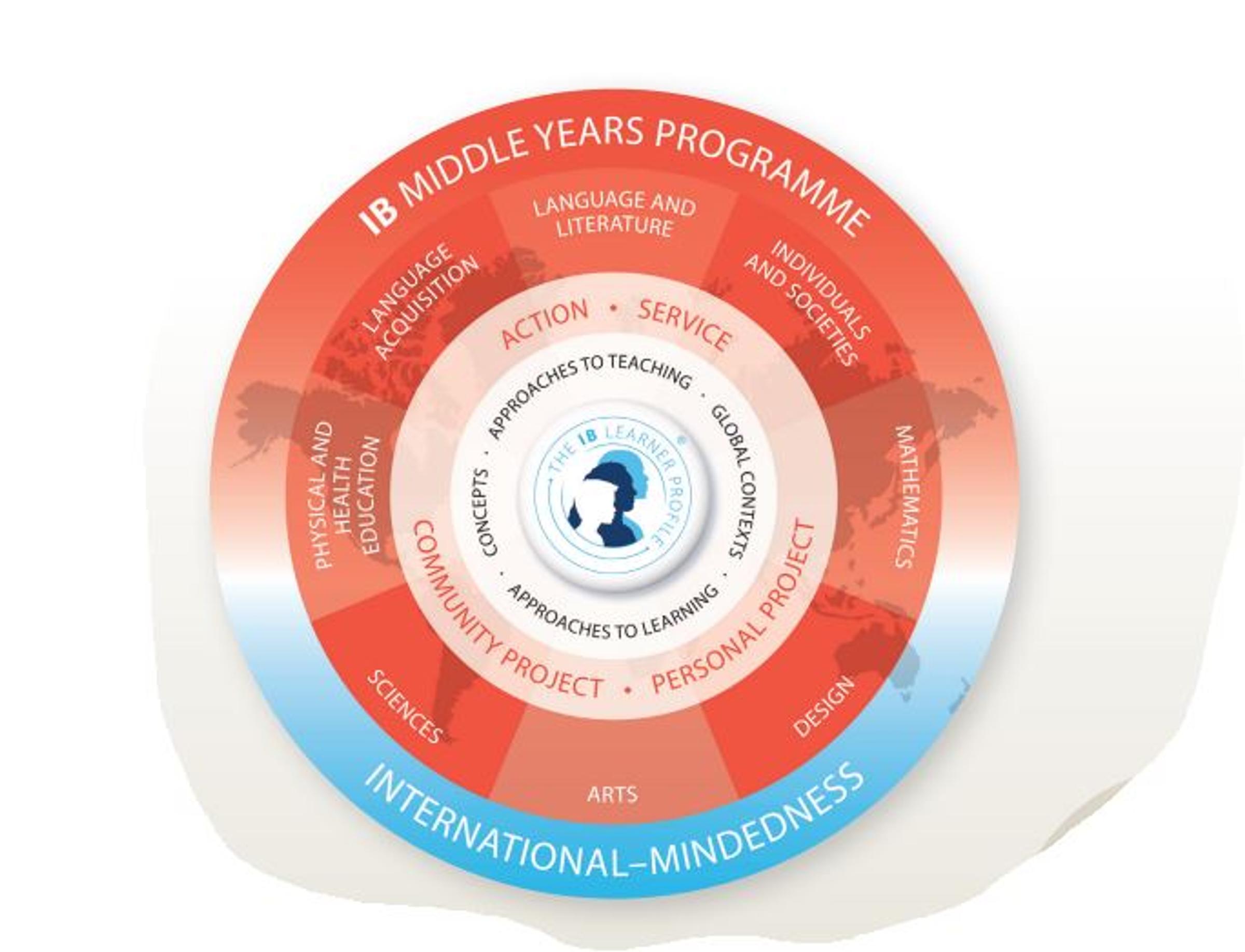
Welcome back to Term 2!
On the first two days of the term, Celeste Lombardi, Carrie Bloomfield and myself had the wonderful opportunity where we were invited to join the staff of Mount Eliza North Primary School for a Professional Development Workshop on conceptual teaching and learning.
As part of the MYP (and PYP), students engage in a concept- driven curriculum framework where instead of regurgitating facts, they are taught how to use critical and creative thinking skills, deep questioning, and concept based-inquiry to deepen their learning. Concepts can be seen in the first ring of the MYP programme modelrepresented on this page.
The workshop provided an in-depth insight into relevant research into conceptual thinking and how essential it is for engaging learners and developing student agency. It also explored how conceptual thinking supports the development of critical and creative learners. The workshop provided practical strategies for ways to use concepts to engage students with curriculum content.
A concept is a “big idea”—a principle or notion that is enduring, the significance of which goes beyond particular origins, subject matter or a place in time (Wiggins and McTighe 1998).
Concepts represent the vehicle for students’ inquiry into the issues and ideas of personal, local and global significance, providing the means by which they can explore the essence of a subject. Concepts have an essential place in the structure of knowledge. They require students to demonstrate levels of thinking that reach beyond facts or topics. Concepts are used to formulate the understandings that students should retain in the future; they become principles and generalisations that students can use to understand the world and to succeed in further study and in life beyond school.
MYP: From principles into practice pg 14
The MYP programme uses two kinds of concepts:
- Key concepts and Related concepts
These are taught across the various eight subject groups and are also what connects the students learning across these subjects.
For example, just recently through a Unit of Inquiry, students learnt about the key concept of perspective. As part of an initial provocation, students in Year 7 were introduced to the thinking tool; ‘Circle of Viewpoints’.
This tool assisted them in analysing a picture and taking on roles to view various perspectives. This has helped to broaden their understanding of this key concept before undertaking an inquiry into persuasive texts and the importance of looking at various perspectives and points of view. Check out some of the students’ work below.
Please find attached more information on the 16 Key Concepts explored across the curriculum and the Related Concepts which promote depth of learning and add coherence to the understanding of academic subjects and disciplines.
Here is the MYP Programme Model explained in more detail:
In the programme model for the MYP, the first ring around the student at the centre describes the features of the programme that help students develop disciplinary (and interdisciplinary) understanding:
- Approaches to learning (ATL)—demonstrating a commitment to approaches to learning as a key component of the MYP for developing skills for learning
- Approaches to teaching—emphasising MYP pedagogy, including collaborative learning through inquiry.
- Concepts—highlighting a concept-driven curriculum.
- Global contexts—showing how learning best takes place in context.
The second ring describes some important outcomes of the programme:
- Inquiry-based learning may result in student-initiated action, which may involve service within the community.
- The MYP culminates in the personal project (for students in MYP year 5) or the community project (for students in MYP years 3 or 4).
The third ring describes the MYP’s broad and balanced curriculum:
- The MYP organises teaching and learning through eight subject groups: language and literature, language acquisition, individuals and societies, sciences, mathematics, arts, physical and health education, and design.
- In many cases, discrete or integrated disciplines may be taught and assessed within a subject group: for example, history or geography within the individuals and societies subject group; biology, chemistry or physics within the sciences subject group.
- The distinction between subject groups blurs to indicate the interdisciplinary nature of the MYP. The subject groups are connected through global contexts and key concepts.
If you have any questions regarding conceptual learning or the MYP, please do not hesitate to contact me.
Kylie Russell
MYP Educational Leader & Coordinator
